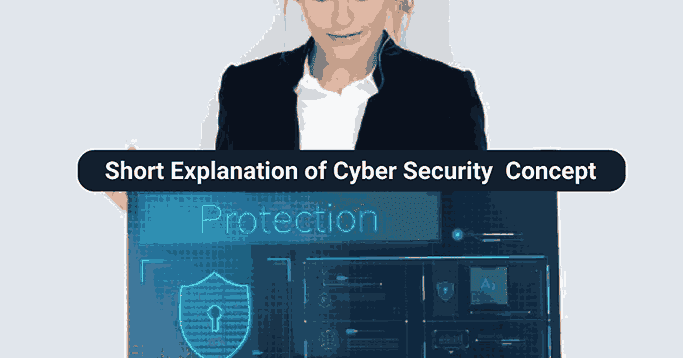This blog post discusses the importance of cybersecurity in the digital age, discussing the top 10 best practices to protect data and identity.
- Do not leave your devices such as mobiles, tablets, laptops/desktop computers unattended as much as possible, and keep them locked if you have to.
- A strong password (numbers, letters Lower & Upper case, symbols, and passwords with more than 10 characters.
- Keep your Password, OTP, and PIN code safe without sharing your Password, and OTP Pin Code with anyone.
- In addition to the password in your accounts (Email Account, Social Media, Facebook, Mobile Banking App, etc.), let's use at least one more means of authentication such as your mobile number, your email, and Finger Print, and Multi-Factor Authentication.
- Don't click on suspicious leaks. Also, do not download and install Freeware / Pirated Content / Software without visiting unsafe websites.
- Let's update the Operating System/Application Software/Antivirus regularly. Also, scan your devices regularly.
- Don't do financial transactions using public WIFI and public computers.
- Keep a regular backup of your important and sensitive data.
- Don't use a USB Drive/Pend rive etc. on your computer without scanning it.
- Make sure that your data is deleted from your old Computer, Mobile, Pendrive, etc., and dispose of it only.
Related to computer hacking:
(1) What is computer hacking?
Computer Hacking is the act of gaining unauthorized access to a computer or computer-based systems, programs, information, or data. In this way, after hacking the computer, Thacker can block the computer system, change the format of the data, destroy, and sell the data.(2) How to know that there is computer marking (Computer Hacking)? If the following symptoms are observed, the computer may be hacked
- If programs are installed on the computer without the knowledge of the computer owner, in addition to turning on the computer, the programs will automatically start and try to connect to the Internet.
- If the performance of the computer is read abnormally, the CPU RAM usage increases and the computer hangs and crashes.
- Redirects/Visits to websites unnecessarily, various software is automatically downloaded, and pop-up windows keep appearing.
- If many emails or messages are sent from the computer owner's email account or social media account without the computer owner's knowledge.
- If any emails or messages (Messages) are sent without 5. If the Home page of the Internet Browser is changed without the knowledge/permission of the computer owner.
- If Windows Firewall, Antivirus, Task Manager, or Registry Editor is automatically disabled.
- If your password stops working.
- If your password is published in the public domain.
- If abnormally high Internet bandwidth is consumed and the Internet is slow.
- If a message like "You have been hacked" is received.
- If you receive an email message asking for ransom (Ransomware) in your email etc.
- If you see unwanted toolbars in the browser. Do not leave your devices such as mobiles, tablets, laptops/desktop computers unattended as much as possible, and keep them locked if you have to.

